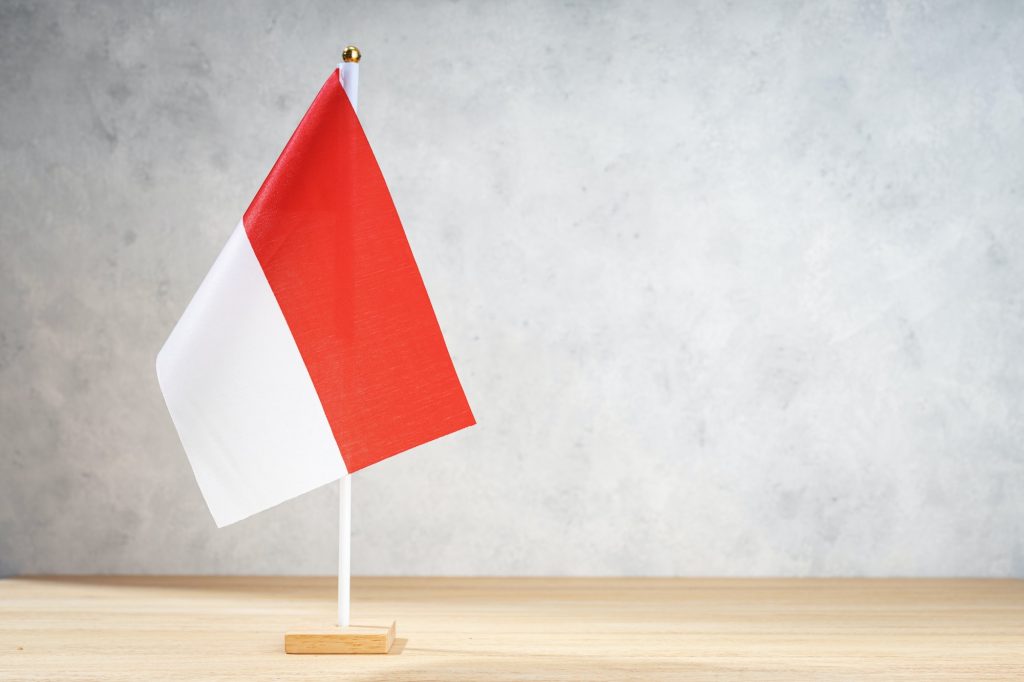Indonesia curtails fake news on Facebook before next year’s pivotal elections
The primary platform for the spread of fake news, according to the Ministry of Communications and Informatics, is Facebook. This is a significant concern, particularly as Indonesia boasts a vast social media user base, with over 115 million Facebook users.

The Indonesian government has officially requested Facebook to remove more than 450 pieces of disinformation, commonly referred to as ‘hoaxes,’ associated with the upcoming elections in the country.
This move is a response to the escalating dissemination of fake news coinciding with the intensifying election fervour. Since the opening of candidate registrations for the nation’s top two positions on October 19, the Ministry of Communications and Informatics has added a minimum of 15 election-related posts to its website to dismiss these false narratives.
The disinformation encompasses false claims about candidates, such as unfounded allegations that Mr Anies failed a mental health assessment and that Mr. Prabowo is ineligible to run for the presidency due to his age. The ministry has emphatically stated that there is no credible basis for these assertions.
Why does it matter?
The proliferation of hoaxes and disinformation is not a new phenomenon in Indonesian elections. During the 2019 elections, for example, WhatsApp was instructed to limit the number of forwarded messages allowed to curb the spread of misinformation. A study conducted during the 2019 Indonesian presidential campaign found that younger, better-educated, and wealthier voters were more susceptible to believing misinformation—those who spend most of their time on social media.
In 2021, Facebook stated that it had modified its algorithms to decrease the presence of political content in users’ feeds in several countries, including Indonesia (although government agencies wouldn’t be included).
The Indonesian government’s actions in combating the dissemination of fake news are pivotal in ensuring a fair and transparent electoral process. They also underscore the role of social media platforms in amplifying misinformation and the pressing need for these platforms to assume greater responsibility in curtailing the proliferation of fake news.
